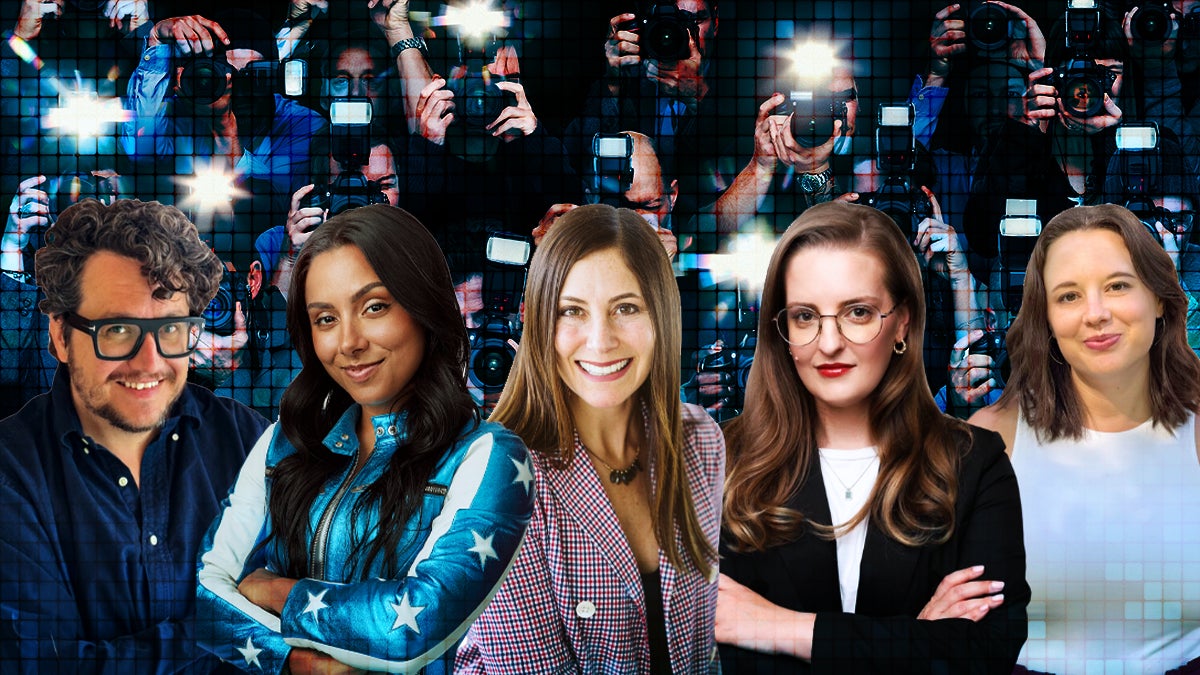In recent years, content creators have transitioned from niche internet personalities to mainstream entertainment figures, receiving recognition and treatment comparable to traditional stars. This shift is evident as brands increasingly recognize the influence of creators and seek to partner with them for marketing and promotional campaigns.
Michelle Khare, along with industry experts such as Adobe's Jared Carneson, Meta's Megan Bycel, and Smosh's Alessandra Catanese, discussed this evolving landscape with TheWrap. They highlighted how creators are now being celebrated with larger platforms, more lucrative deals, and prominent branding opportunities, reflecting their growing importance in the entertainment ecosystem.
Historically, celebrities in film, television, and music dominated the spotlight, but the rise of social media platforms like YouTube, TikTok, and Instagram has democratized fame. Creators now amass millions of followers, making them highly influential figures capable of shaping consumer behavior. This influence has prompted brands to shift their marketing strategies, prioritizing collaborations with creators who have authentic engagement with their audiences.
Brands are increasingly integrating creators into their advertising campaigns, leveraging their personal brands to reach targeted demographics more effectively. This trend is evident across various sectors, including fashion, beauty, technology, and entertainment, where creators are not just endorsers but also co-creators of content.
Moreover, the industry is witnessing a shift in how creators are perceived. They are no longer seen solely as online personalities but as influential stars capable of driving cultural trends. This recognition has led to more formalized partnerships, sponsorships, and even exclusive deals, elevating creators to a star status comparable to traditional celebrities.
However, this rise also brings challenges. Creators must navigate issues related to intellectual property, brand alignment, and authenticity to maintain their credibility. Brands, on the other hand, need to develop nuanced strategies to effectively collaborate with creators without compromising their brand image.
As the landscape continues to evolve, the line between traditional entertainment stars and digital creators is blurring. Both industries are increasingly intertwined, with creators playing a pivotal role in shaping modern entertainment and marketing. This trend is expected to grow, with more brands recognizing the value of creators as key partners in their promotional efforts.
In conclusion, the recognition of creators as star-level figures across entertainment and branding signifies a significant shift in the industry. As creators continue to influence culture and consumer behavior, their partnership with brands is likely to become even more integral to marketing strategies in the future.
